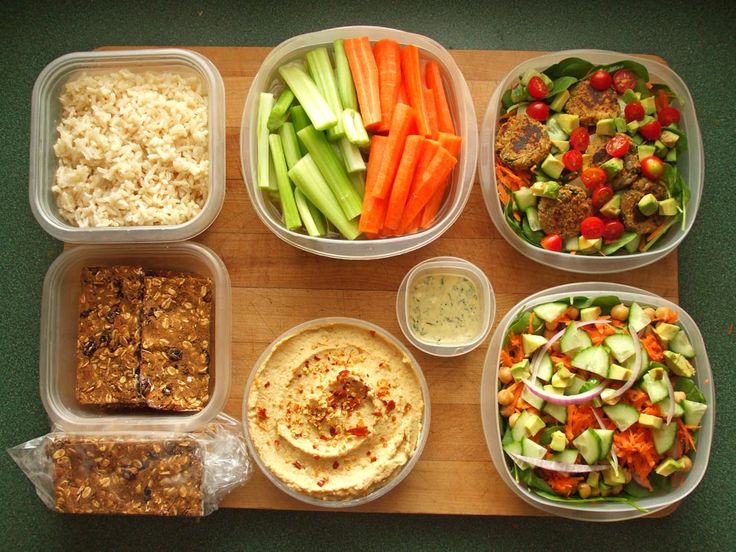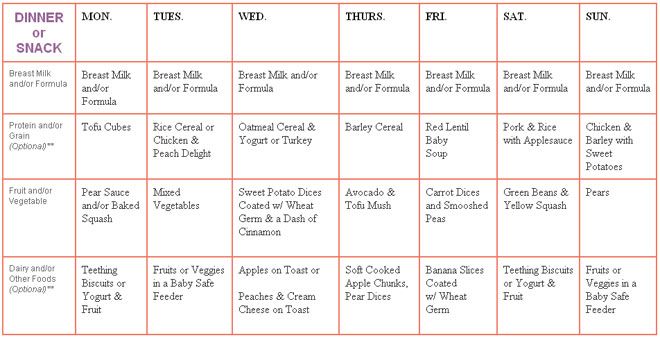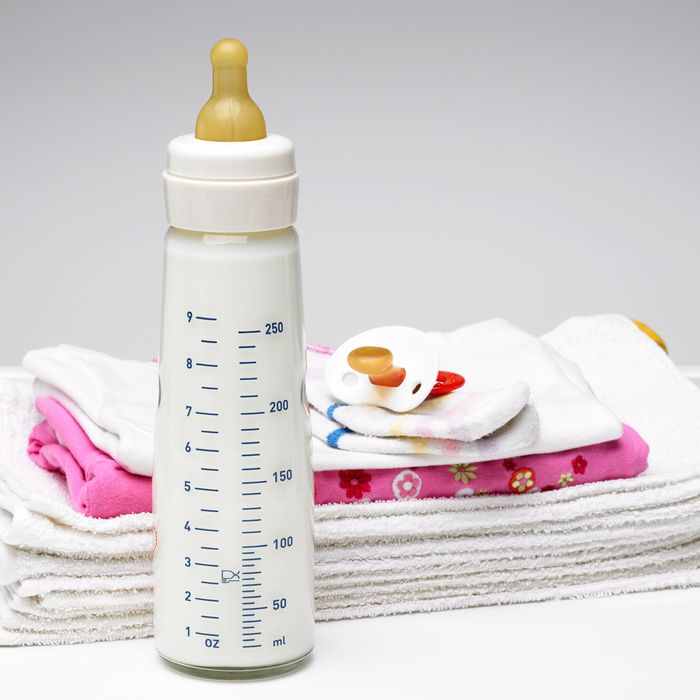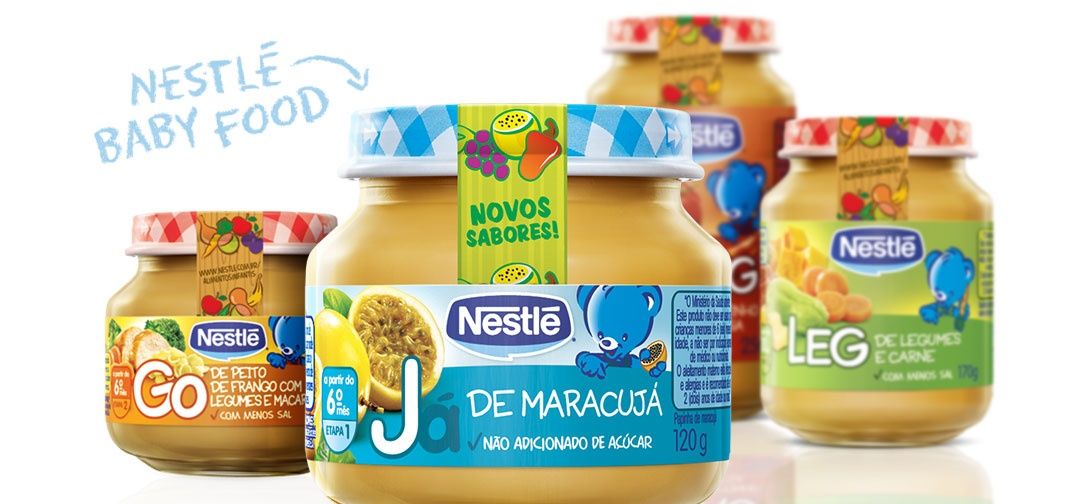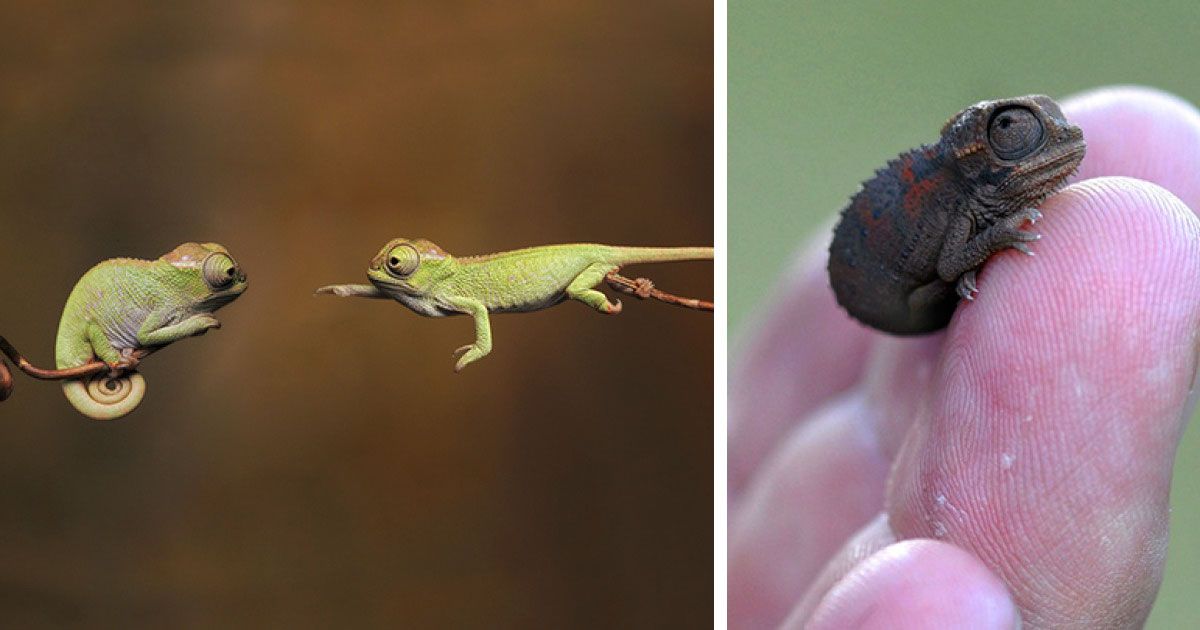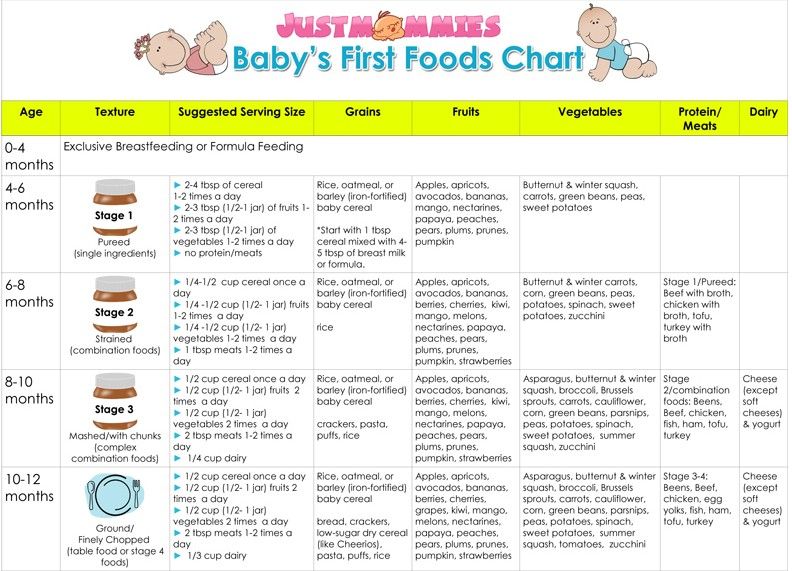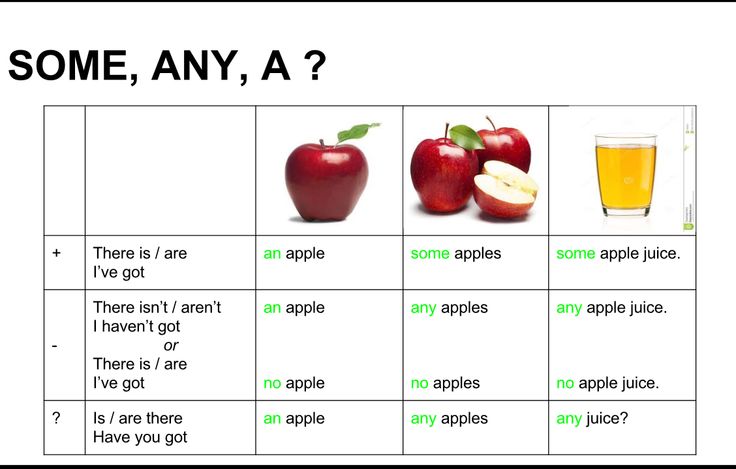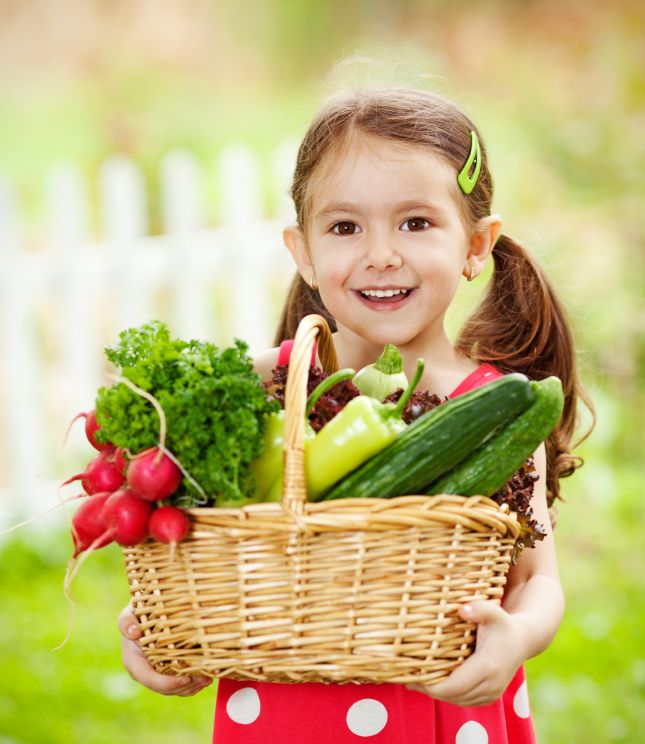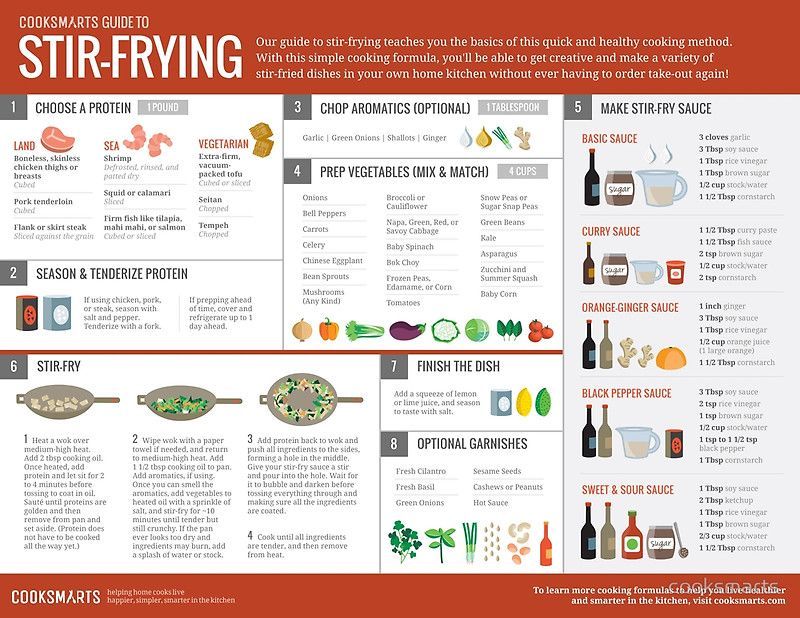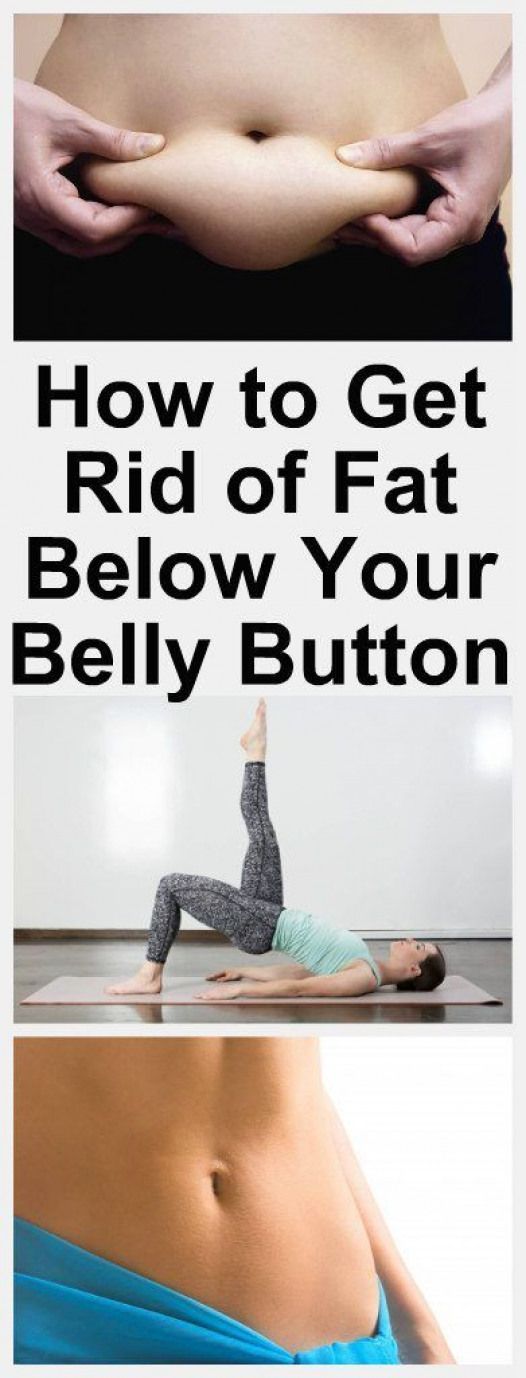Is baby food vegan
Vegan Baby-Food Brands and Products for the Little Ones
© Instagram.com/onceuponafarm
When deciding what to feed your baby, your first concern is probably how to make sure they’re getting the nutrients that they need. Luckily, a vibrant vegan diet full of fruits, vegetables, whole grains, healthy fats, and plant proteins can provide your baby with everything they need to grow up healthy and strong. According to the Academy of Nutrition and Dietetics, “A well-planned … vegan diet can meet the nutrient needs of people from all stages of life, including those going through pregnancy and lactation, childhood and participating in competitive sports.” Of course, you should always consult with your health-care provider when deciding how to feed your child, but that should always be the case, whether or not your child is vegan.
To help you find healthful nutrition for your child, we’ve compiled a list of vegan baby foods for the first stages of life:
Features: Its products are vegan, organic, gluten-free, non-GMO, BPA-free, and kosher. Every food item on the website includes a loud and proud “vegan” label.
Jennifer Garner’s baby-food company is particularly noteworthy. No, not just because it’s that Jennifer Garner. The brand offers fruits and veggies as well as other foods, such as Just Right Porridge and Caroberry Mousse—and of course, they’re dairy-free.
View this post on Instagram
A post shared by Once Upon a Farm (@onceuponafarm)
Features: It offers different formula options for your baby’s various growth stages.
This company has a wide range of products, including formulas, toddler foods, kids’ foods, personal-care items, and frozen foods.
View this post on Instagram
A post shared by Earth's Best (@earthsbest)
Features: Its baby foods are available in 10 varieties, so your little monster is sure to find a favorite.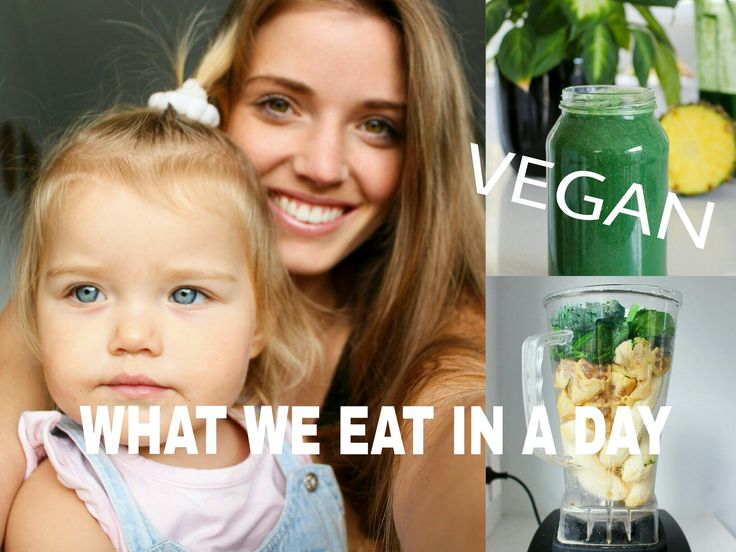
Pumpkin Tree’s line of baby foods, Peter Rabbit Organics, offers handy, BPA-free pouches filled with nothing but organic fruits and vegetables.
View this post on Instagram
A post shared by Peter Rabbit Organics (@peterrabbitorganics)
These products are easy to find at stores such as Babies “R” Us, Target, and Walgreens as well as through Amazon.
This company uses organic fruits and vegetables. The formulas are simple and pure, often just one fruit, one vegetable, and water.
View this post on Instagram
A post shared by Sprout Organics (@sproutfoods)
Features: This company has separate product lines for mothers, babies, toddlers, and kids.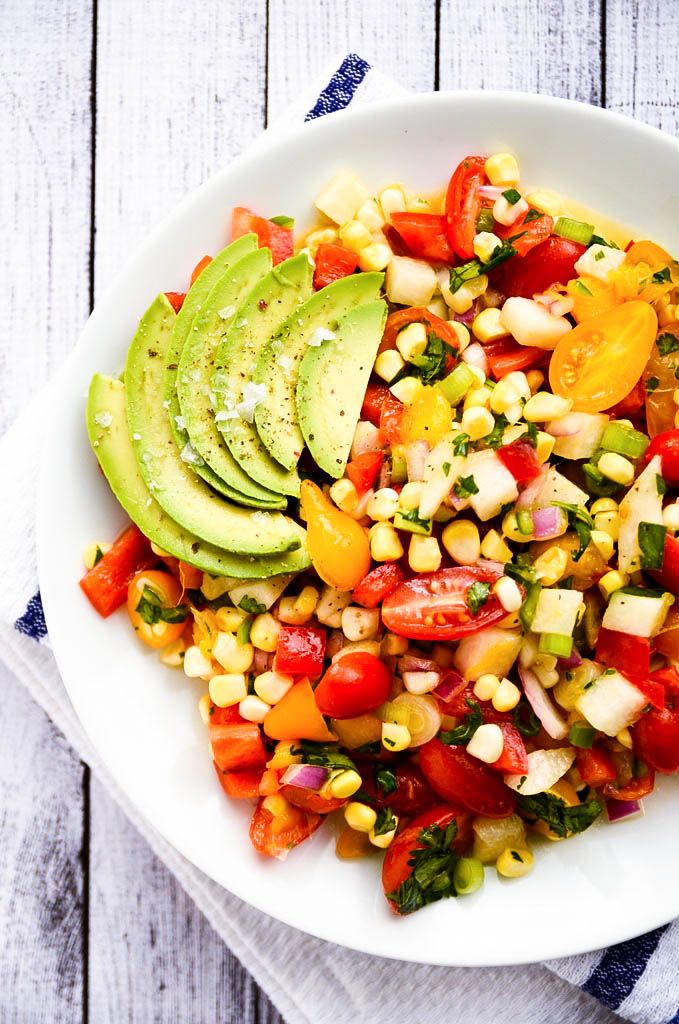
It also offers many vegan snacks, such as Sweet Potato + Rosemary Chickpea Straws, Gentle Teething Wafers, and Fruit & Oat Bars. Not all products are vegan, so check the ingredients to make sure that the flavor doesn’t contain anything animal-derived.
View this post on Instagram
A post shared by Happy Baby Organics (@happyfamilyorganics)
Features: Many products provide extra vitamins, such as vitamin D from organic cremini mushrooms, B12, and more.
Its cereals, veggie Power Blends, and Quinoa Squares are all vegan and created for different age groups.
View this post on Instagram
A post shared by NurturMe (@nurturme)
Features: Its products are available at most local grocery stores, at Walmart, and through Amazon.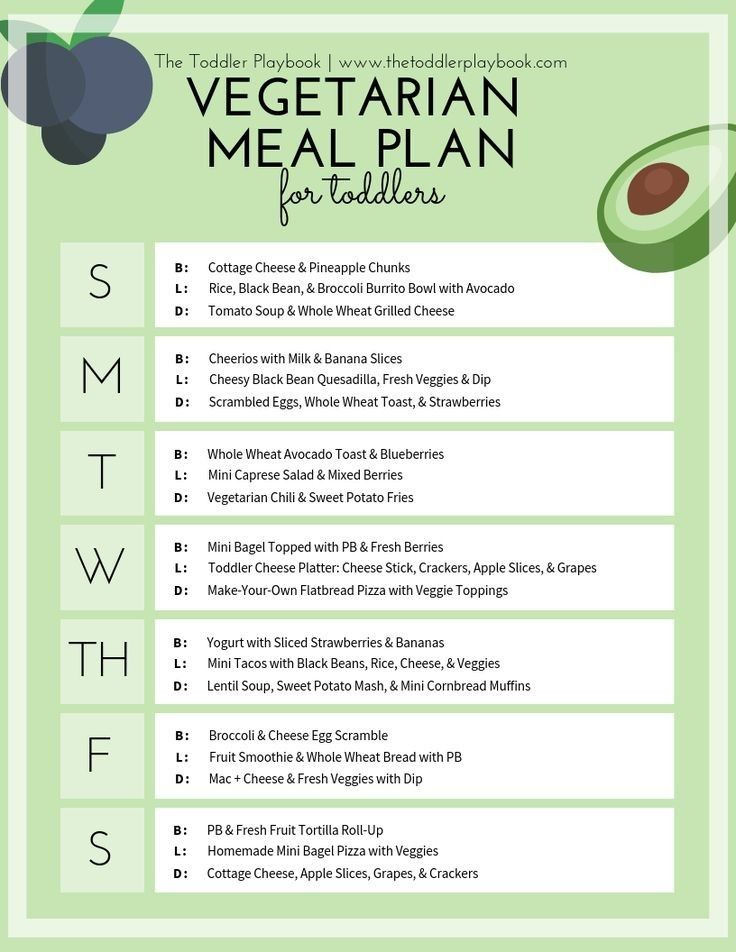
This brand focuses on non-GMO fruits and vegetables. Its product line includes cereals as well as baby food jars, pouches, and snacks.
View this post on Instagram
A post shared by Beech-Nut (@beechnutfoods)
We do not need meat or dairy “products” to thrive, and cows produce milk for the same reason that humans do: to nurture their young. Life is better for everyone when we leave animal-derived foods off our—and our children’s—plates.
Avoid foods that support exploitation, and set an example of compassion. Read more about raising vegan children.
Our free vegan starter kit has tips and information about going vegan. For animals, the environment, and your health, order one today.
“Almost all of us grew up eating meat, wearing leather, and going to circuses and zoos. We never considered the impact of these actions on the animals involved. For whatever reason, you are now asking the question: Why should animals have rights?” READ MORE
We never considered the impact of these actions on the animals involved. For whatever reason, you are now asking the question: Why should animals have rights?” READ MORE
— Ingrid E. Newkirk, PETA President and co-author of Animalkind
Read More
8 Vegan Baby Foods to Nurture Your Little Ones | Parents
Are you a busy parent looking for a simple way to get your baby the nutrition that he or she needs?
We’ve compiled a list of plant-based baby foods for the first stages of life, highlighting our favorite aspects of each company.
Features: Its products are vegan, organic, gluten-free, non-GMO, BPA-free, and kosher. Every food item on the website includes a loud and proud “vegan” label.
Jennifer Garner’s baby-food company is particularly noteworthy. No, not just because it’s that Jennifer Garner. The brand offers fruits and veggies as well as other foods, such as Just Right Porridge and Caroberry Mousse—and of course, they’re dairy-free.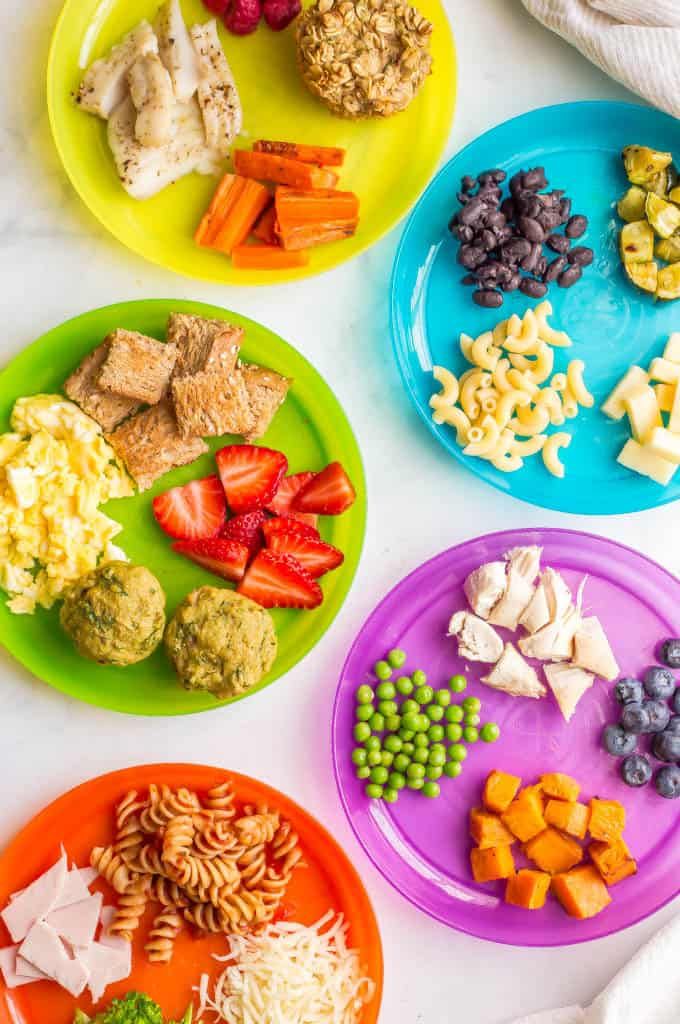
View this post on Instagram
A post shared by Once Upon a Farm (@onceuponafarm)
Features: It offers different formula options for your baby’s various growth stages.
This company has a wide range of products, including formulas, toddler foods, kids’ foods, personal-care items, and frozen foods.
View this post on Instagram
A post shared by Earth's Best (@earthsbest)
Features: Its baby foods are available in 10 varieties, so your child is sure to find a favorite.
Pumpkin Tree’s line of baby foods, Peter Rabbit Organics, offers handy, BPA-free pouches filled with nothing but organic fruits and vegetables.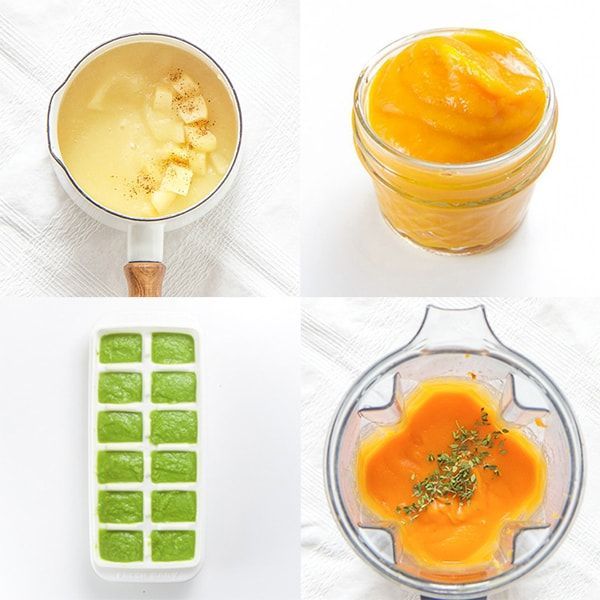
View this post on Instagram
A post shared by Peter Rabbit Organics (@peterrabbitorganics)
These products are easy to find at stores such as Target, and Walgreens as well as through Amazon.
This company uses organic fruits and vegetables. The formulas are simple and pure, often just one fruit, one vegetable, and water.
View this post on Instagram
A post shared by Sprout Organics (@sproutfoods)
Features: This company has separate product lines for mothers, babies, toddlers, and kids.
It also offers many vegan snacks, such as Sweet Potato + Rosemary Chickpea Straws, Gentle Teething Wafers, and Fruit & Oat Bars.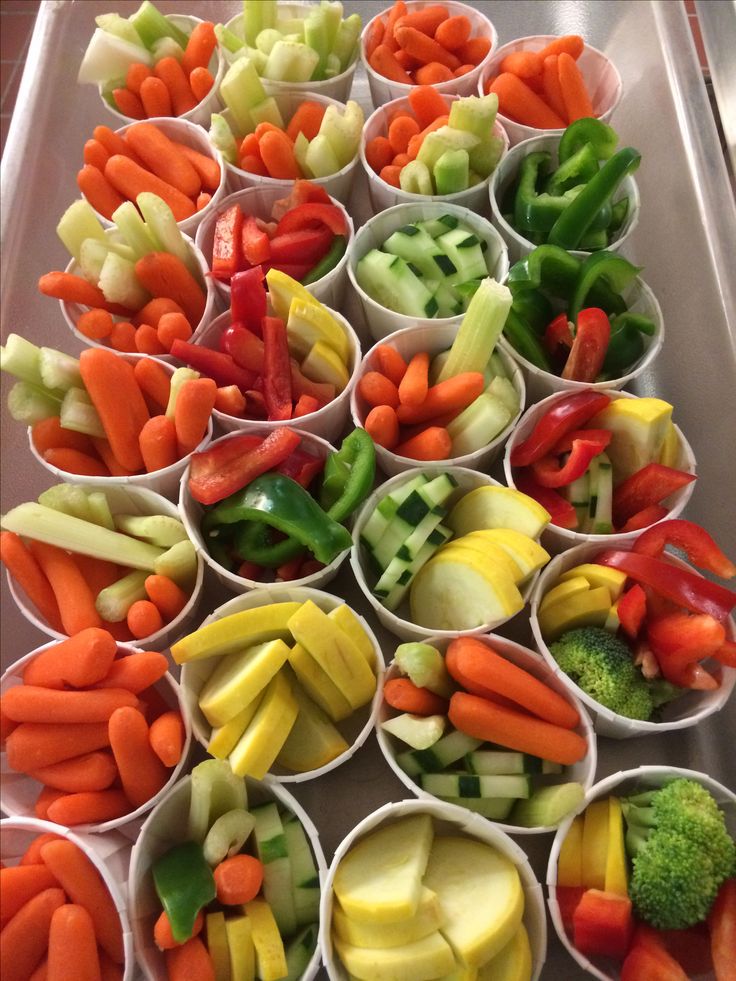 Not all products are vegan, so check the ingredients to make sure that the flavor doesn’t contain anything animal-derived.
Not all products are vegan, so check the ingredients to make sure that the flavor doesn’t contain anything animal-derived.
View this post on Instagram
A post shared by Happy Baby Organics (@happyfamilyorganics)
Features: Each meal contains organic ingredients and is free of gluten and the Big 8 allergens.
Raised Real uses its meal plan delivery service to help expand your little one’s palate, train their taste buds, and encourage a healthy relationship with greens. With over 20 different vegan meals to choose from, you’ll definitely find something that’s perfect for your child.
View this post on Instagram
A post shared by Real Food For Tiny Humans (@raisedreal)
Features: Many products provide extra vitamins, such as vitamin D from organic crimini mushrooms, B12, and more.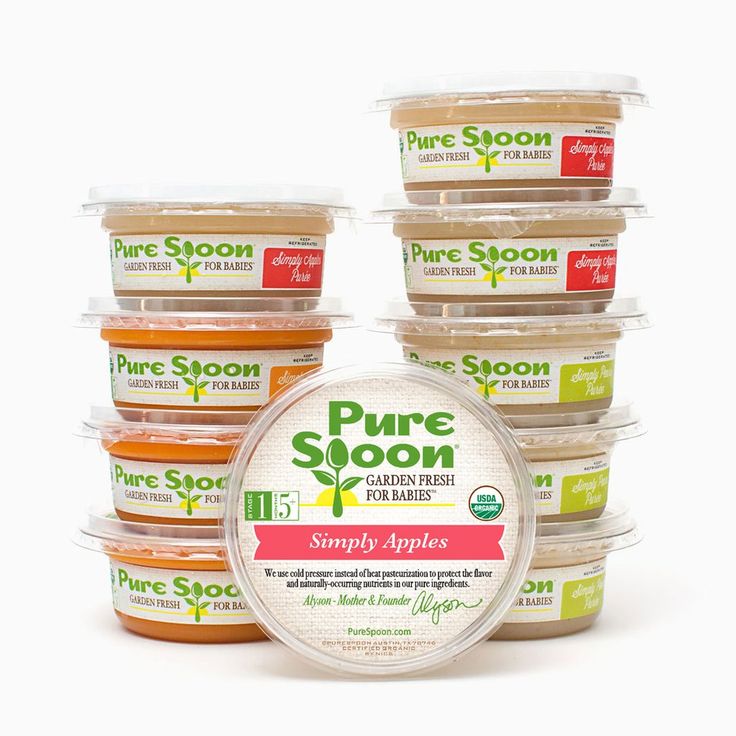
Its cereals, veggie Power Blends, and Quinoa Squares are all vegan and created for different age groups.
View this post on Instagram
A post shared by NurturMe (@nurturme)
Features: Its products are available at most local grocery stores, at Walmart, and through Amazon.
This brand focuses on non-GMO fruits and vegetables. Its product line includes cereals as well as baby food jars, pouches, and snacks.
View this post on Instagram
A post shared by Beech-Nut (@beechnutfoods)
We do not need meat or dairy “products” to thrive, and cows produce milk for the same reason that humans do: to nurture their young.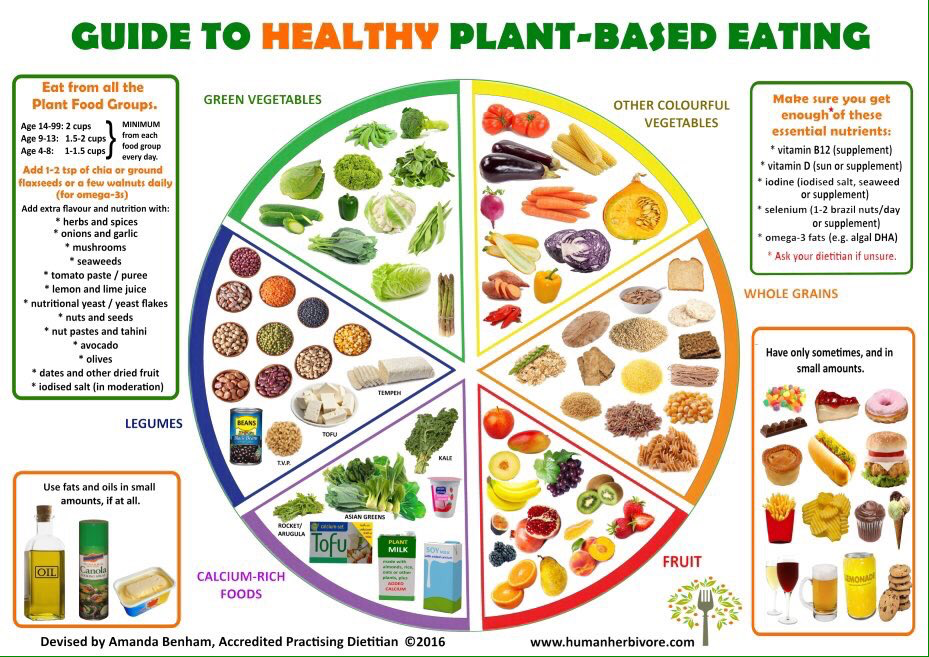 Life is better for everyone when we leave animal-derived foods off our—and our children’s—plates. ?
Life is better for everyone when we leave animal-derived foods off our—and our children’s—plates. ?
Avoid foods that support exploitation, and set an example of compassion.
Vegan Infant Formula and Baby Food
If for any reason you cannot breastfeed, you can still raise your child as a vegan. But you have to do your research and plan carefully to make sure all of his nutritional needs are met.
Vegan infant formulas exist but may not be the best option. Read all the information about vegan baby milk substitutes so you can decide how best to feed your baby. nine0003
Important warning: It is very important to contact your doctor before making any changes to your child's diet.!
- Is vegan infant formula available?
- What kind of milk do vegan babies drink?
- Can I get vegan baby milk?
- What is dairy-free infant formula made of?
- Is soy-free vegan infant formula available?
- Vegan Homemade Infant Formula
- Is it healthy for a baby to be vegan? nine0013
Is vegan formula available?
There are several brands that make baby food that is 100% vegan.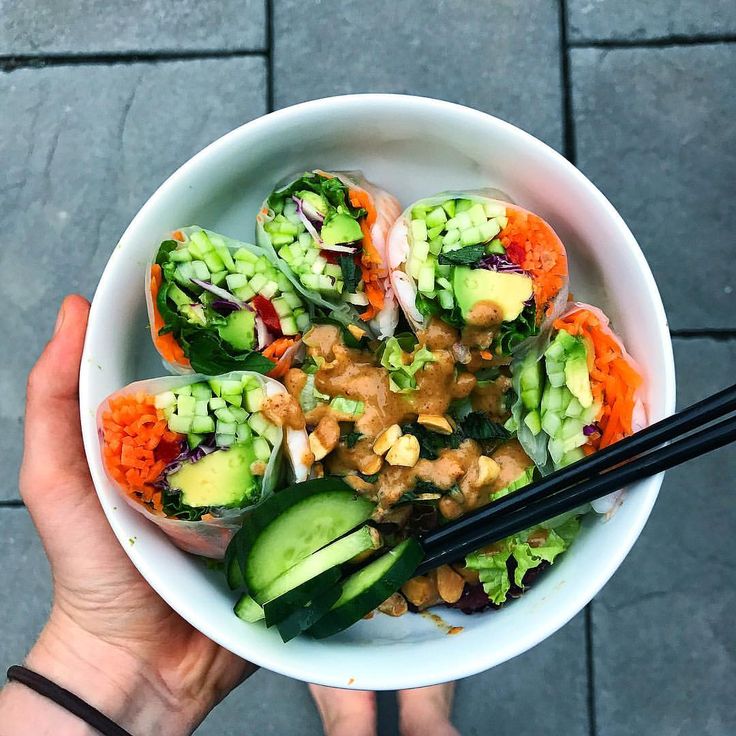 However, most of them can only be bought online. In addition, they are relatively expensive.
However, most of them can only be bought online. In addition, they are relatively expensive.
Another option is to use infant formula. Fortunately, dairy-free formulas for babies are widely available. They are not 100% vegan because they contain vitamin D3, which is made using lanolin from sheep's wool. However, many vegans believe they are the best alternative to breast milk for their babies. nine0003
For many vegan parents, using a small amount of lambswool oil is the lesser of two evils compared to the environmental cost of shipping infant formula around the world.
What kind of milk do vegan babies drink?
Most vegan babies drink breast milk because it is 100% vegan. If breastfeeding is not possible, other options include expressing milk with a breast pump, using donor breast milk, vegan infant formula, or milk-free infant formula. nine0003
Babies over 12 months can drink most unsweetened plant milks, including soy, oat or almond, as part of a well-balanced diet.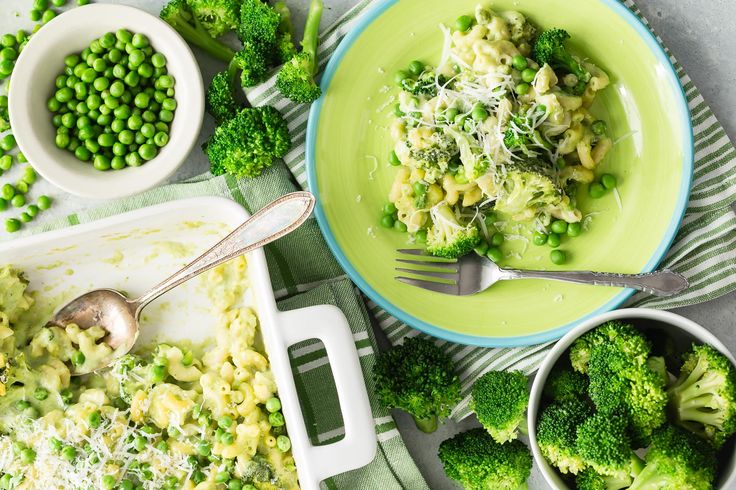
We offer you: Can I eat spicy food while breastfeeding?
Can I get vegan baby milk?
Here are all the milk options for vegan babies:0013
Breastfeeding
Breastfeeding is generally the best option for babies, whether they are vegan or not. However, this is not always possible. If you're currently pregnant and planning to breastfeed your baby, it's a good idea to have a back-up plan in case this doesn't work for you.
Expressing breastmilk
The next way many mothers who want to breastfeed but can't try is to express milk with a breast pump and bottle feed the baby. nine0003
Expressing milk requires dedication, as it takes twice as long as breastfeeding. Each feeding involves taking the breast milk bottle out of the refrigerator, warming it up, feeding the baby, expressing the milk for the next feeding, and then cleaning and sterilizing the pump and bottles.
Donor breast milk
Donor milk comes from mothers who have excess milk, who want to continue producing milk after their baby is weaned, or who have unfortunately lost their baby. nine0003
We offer you: How much weight can you lose in 2 weeks?
Donor milk is given on a priority basis, so depending on how much milk is available in your area, it may only be available to children with certain medical conditions. In addition, donor milk is often pasteurized, which affects the nutritional value.
Vegan infant formula
There are currently only a few companies that produce vegan infant formula. And most of them are only available online and quite expensive. If you're thinking about shipping, it's also not good for your carbon footprint. Using infant formula that is not widely available comes with risks because there is always the potential for supply disruption. nine0003
Dairy-Free Infant Formula
Many vegans who choose to formula feed their babies choose dairy-free, soy-based infant formula.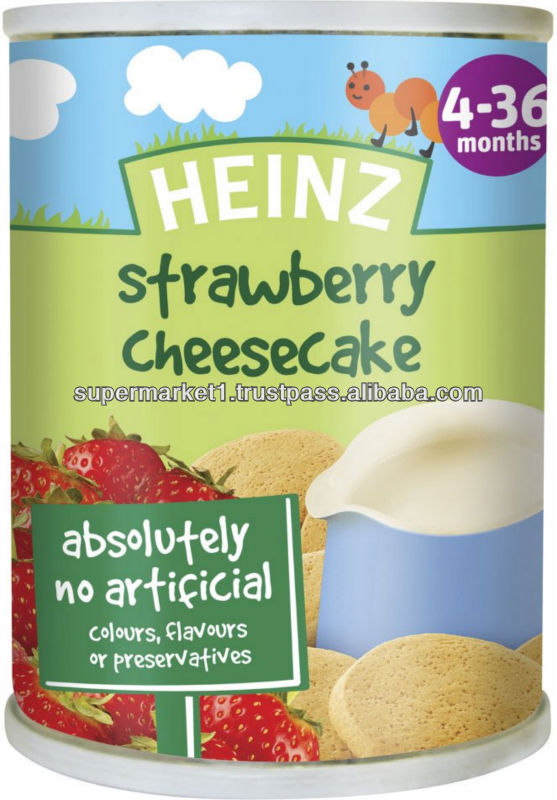 They contain vitamin D3, which is made using lanolin, a waxy substance extracted from sheep's wool.
They contain vitamin D3, which is made using lanolin, a waxy substance extracted from sheep's wool.
Although milk-free formulas are not 100% vegan, lanolin is present in such small amounts that it may be a viable option for many vegan parents. nine0003
What is dairy-free infant formula made of?
Most dairy-free formulas for babies are made from soybeans. Some dairy-free infant formulas are made with corn, coconut, almonds, and rice protein.
Is soy baby food safe?
The nutrition and safety of infant formula is highly regulated. Soy baby food is safe for most healthy babies and is just as nutritious as other types of formula.
Some people fear that soy formula may adversely affect a child's development, but studies have not found evidence to support this. nine0003
We offer you: How to lose 20 kilos as fast as possible
Soy formula is not suitable for every baby, especially those who were born prematurely, have a low birth weight, have kidney problems or allergies.
Is soy-free vegan infant formula available?
Soy and dairy-free infant formula is hard to find and not available worldwide. One option to consider is Neocate Infant DHA/ARA. It is an amino acid based formula and one of the best milk and soy free baby formulas. nine0003
Other amino acid formulas do not contain soy as a main ingredient like soy formulas, but they do contain some soy. One option to consider is Gerber Good Start Plant-Based Protein Infant Formula.
Vegan Homemade Infant Formula
While it may be tempting to search the internet for vegan infant formula recipes and consider making your own, please don't! nine0003
Commercial formulas for infants are scientifically developed and rigorously tested to ensure they are safe. If you try to make it yourself at home, there is a huge chance of error due to inaccurate measurements, unsafe ingredients, and potential bacterial contamination.
Find out why homemade baby food is not safe.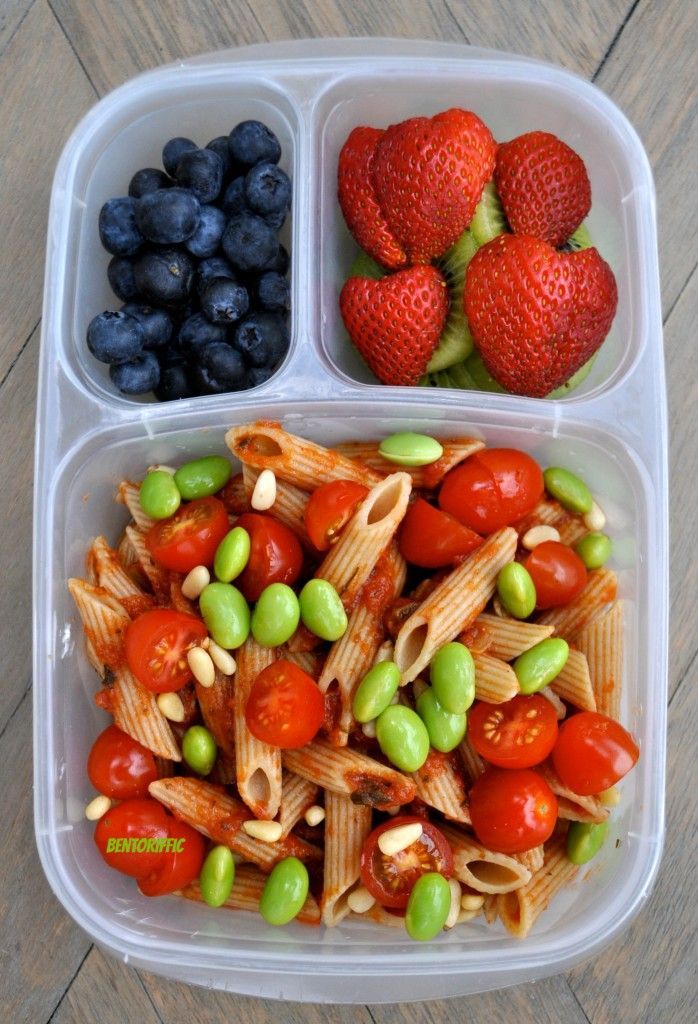
Is it healthy for a child to be a vegan?
For the first six months of their lives, breastfed vegan children will eat the same as non-vegan children. After six months, parents should pay special attention to their child's diet so that he receives all the necessary nutrients. nine0003
Vegan babies should get enough vitamin B12, iodine, omega-3s, iron, calcium, protein and calories. This can be achieved by offering a healthy balanced diet along with some supplements.
Summary
Breastfeeding is usually the best choice for vegan moms. If this is not possible, the use of formula milk should be considered. Although soy baby food is not 100% vegan due to the small amount of lanolin from sheep's wool, it is often the best option for most formula-fed vegan babies. nine0003
We offer you: A Beginner's Guide to Becoming a Vegetarian
Topics
Vegan Nutrition During Pregnancy and Childhood
Authors: Reed Mangels, PhD, RD Katie Kavangh-Prochaska, RD
Content
- Basic needs during pregnancy
- Calories
- Protein
- Docosohexaenoic acid (DHA - omega-3 fatty acid)
- Vitamin B12
- Iron
- Calcium and vitamin D
- CYNK
- iodine
- Folic acid
- The main needs during breastfeeding
- The main needs for infants (0-12 months)
- Iron
- Soy Based Infant Formula
- Complementary Foods
- Calories and Fat
- Squirrels
- Calcium
- zinc
- Vitamin D
- Vitamin B12
- Iron
Basic needs during pregnancy
Pregnant women need extra calories, protein, vitamins, and minerals to support their baby's growth and changes in their own bodies. In addition to the calorie content of food, it is especially important to control the intake of sufficient amounts of proteins, docosahexaenoic acid (DHA), vitamin B12, iron, calcium, vitamin D, zinc, iodine and folic acid.
In addition to the calorie content of food, it is especially important to control the intake of sufficient amounts of proteins, docosahexaenoic acid (DHA), vitamin B12, iron, calcium, vitamin D, zinc, iodine and folic acid.
Calories
In the second trimester of pregnancy, an average of 340 additional calories should be consumed daily. In the third trimester, they need already 450 .. They are sent to support the growth of the child and changes in the woman's body. The number of calories needed may differ depending on the woman's pre-pregnancy weight, her activity level, and the weight she needs to gain. One way to get extra calories is to include nutritious snacks in your daily diet. nine0003
Proteins
During the second and third trimester of pregnancy, an additional 25 grams of protein is required. Adding another 25 grams to the average norm, we get that pregnant women need 71 grams of protein per day. Protein-rich plant foods include regular or fortified soy milk, tofu, tempeh, boiled beans, nuts, and nut butters.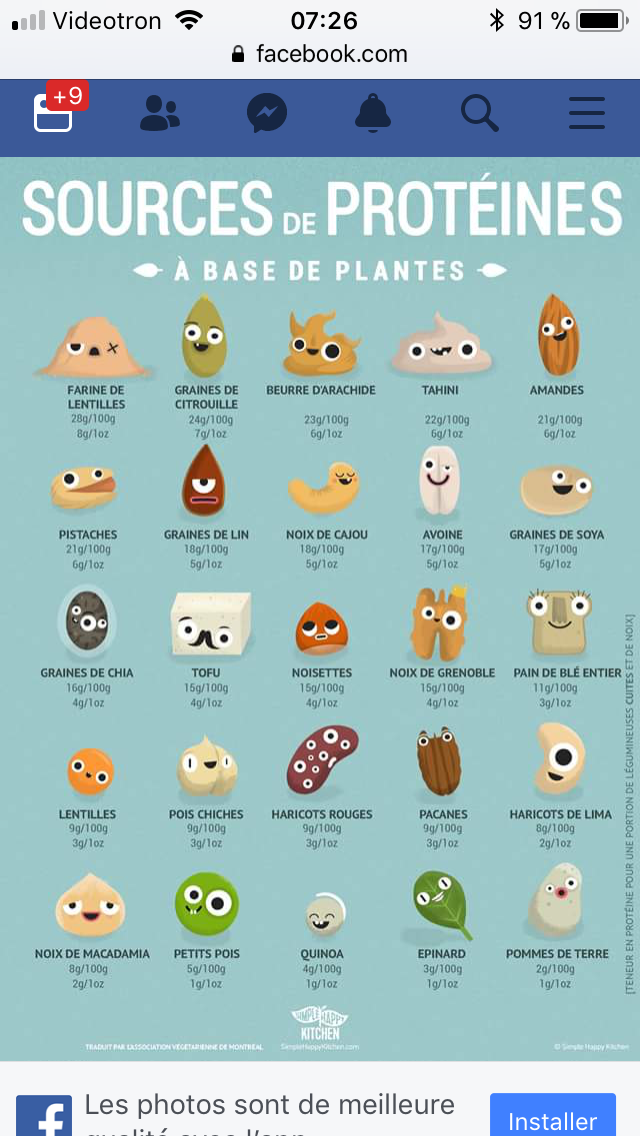 Eating a variety of plant foods will help pregnant women get the extra protein they need. nine0003
Eating a variety of plant foods will help pregnant women get the extra protein they need. nine0003
Docosahexaenoic acid (DHA - omega-3 fatty acid)
The fatty acid DHA is believed to play an important role in the development of the brain and eyes. Our body is able to convert some of the alpha-linolenic acid (ALA) into DHA. ALA is a type of fatty acid found in flax seeds, flaxseed oil, canola oil, walnuts, and soy. However, due to our body's inability to convert ALA into DHA efficiently, pregnant women are advised to take an algae-based DHA vitamin supplement. nine0003
Vitamin B12
Vitamin B12 is essential for the development of the nervous system of the fetus, and therefore during pregnancy it is necessary to increase its intake. Good sources of vitamin B12 include foods fortified with it, such as soy milk, vegetarian meat substitutes, breakfast cereals, and nutritional yeast. One tablespoon of Red Star Vegetarian Support Formula nutritional yeast contains enough vitamin B12 to meet a pregnant woman's daily requirement of vitamin B12 for a pregnant woman.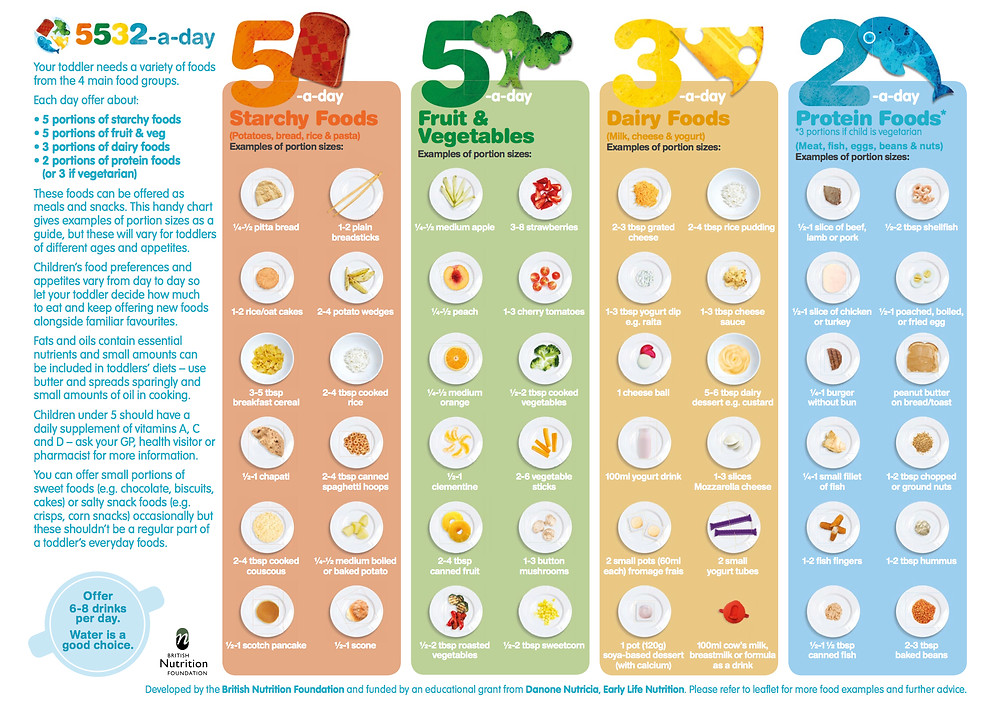 It is extremely important for pregnant women to consume this vitamin. Therefore, if their diet does not contain the above foods, then they need to use prenatal vitamins containing vitamin B12. nine0003
It is extremely important for pregnant women to consume this vitamin. Therefore, if their diet does not contain the above foods, then they need to use prenatal vitamins containing vitamin B12. nine0003
Iron
Pregnant women need to consume more iron due to increased blood volume in the body, as well as for the formation of fetal blood. Iron deficiency anemia is an actual problem of pregnant women, regardless of their dietary style. All pregnant women need to consume iron-rich foods such as leafy greens, beans, lentils, peas, tofu, and whole grains.
Calcium and vitamin D
Calcium and vitamin D work together to form bones and teeth. During pregnancy, the body absorbs calcium better than usual, which helps to meet the increased need for this mineral. Pregnant women should consume at least eight servings of calcium-rich foods daily. These include leafy greens and calcium-fortified tofu, soy milk, and orange juice. In addition, you can consume calcium in the form of vitamins, especially on days when there is no appetite.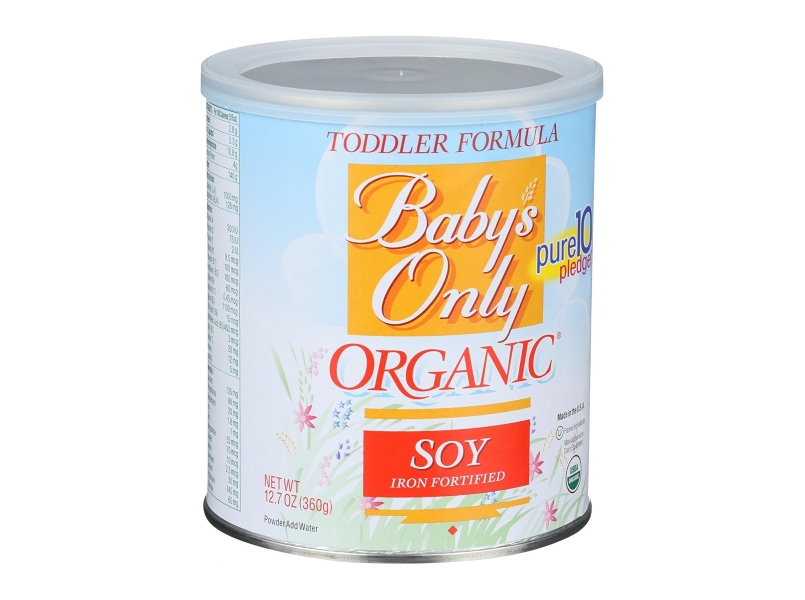 Vitamin D is found in fortified soy milk and fortified breakfast cereals. nine0003
Vitamin D is found in fortified soy milk and fortified breakfast cereals. nine0003
Zinc
Zinc is essential for growth and development. During pregnancy, women need more zinc. Good sources of zinc include peas, beans, fortified breakfast cereals, nuts, seeds, wheat germ, tofu, and tempeh.
Iodine
Pregnant women need to use iodized salt to meet their iodine needs. Just over half a teaspoon of iodized salt meets the daily requirement of a pregnant woman. Iodine is included in some prenatal vitamins, and if the label indicates that they contain 100% of the recommended daily intake, then you do not need to take additional iodine. nine0003
Folic acid
Getting enough folic acid is important even before a woman knows she is pregnant. Therefore, all women of childbearing age should consume at least 400 micrograms of folic acid daily from vitamins or fortified foods. During pregnancy, the need for folic acid increases to 600 micrograms. Leafy greens, whole grains, and orange juice are good sources of folic acid.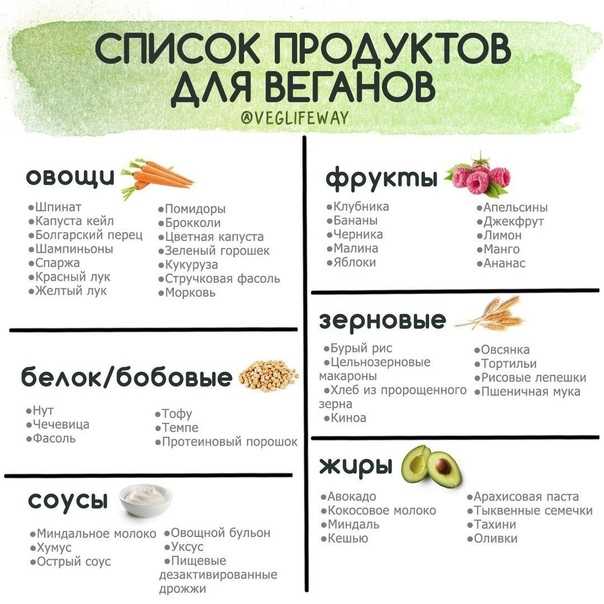 Vegan diets are often high in folic acid. nine0003
Vegan diets are often high in folic acid. nine0003
Basic needs during breastfeeding
Optimal nutrition for breastfeeding mothers is similar to the diet recommended for pregnant women. Protein intake requirements remain the same, vitamin B12 requirements are higher, and total calories and iron intake are lower. It's also important to make sure you're getting enough vitamin D, calcium, iodine, and DHA. In addition to good nutrition, women should take prenatal vitamins shortly before, during, and after pregnancy. nine0003
Basic needs for infants (0-12 months)
Breast milk is the ideal food for a baby in the first year of life. Breast milk strengthens the baby's immune system, protects it from infections and reduces the risk of allergic reactions. The benefits of breastfeeding for the mother include the convenience of breastfeeding, reduced risk of breast cancer before menopause, and increased release of stress-reducing hormones. Breastfeeding can also help women lose weight. However, they should not limit their calorie intake at the same time they are trying to get their milk production going. There may be other benefits of breastfeeding that we don't know about yet. nine0003
However, they should not limit their calorie intake at the same time they are trying to get their milk production going. There may be other benefits of breastfeeding that we don't know about yet. nine0003
Vitamin D
The surest way to meet your vitamin D needs is to consume vitamins or fortified foods. Vitamin D is produced by our skin when exposed to sunlight. If sunscreen is applied to the skin, the amount of vitamin D produced is significantly reduced. Due to the fact that people are advised to use sunblock when they go out in the sun, it becomes necessary to take vitamins or eat fortified foods. To prevent vitamin D deficiency, the American Academy of Pediatrics recommends giving 400 IU of vitamin D daily a few days after the baby is born. Vitamin D is found in sufficient amounts in baby food. Therefore, formula-fed babies do not need to take vitamin D separately. If a child develops a vitamin D deficiency, it can lead to the development of rickets (softening of the bones).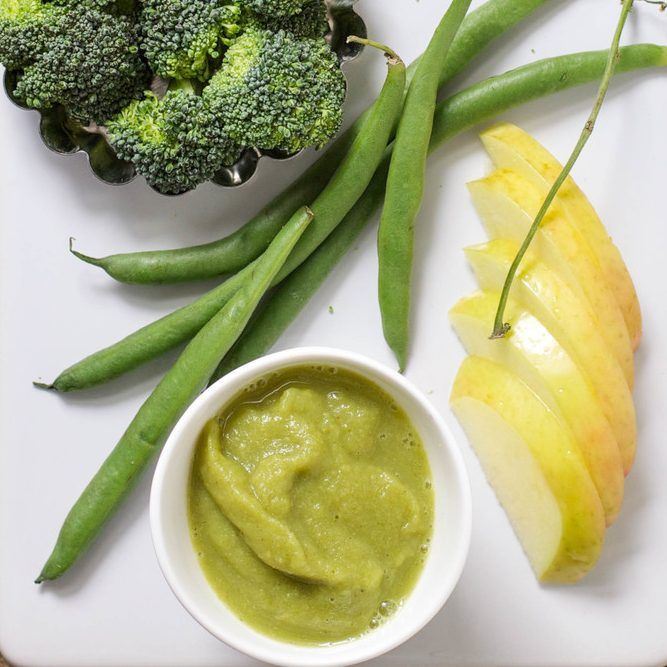 nine0003
nine0003
Iron
Breastfed babies should start being given vitamins or iron-fortified foods (such as baby porridge) at four to six months of age. Formula-fed babies likely won't need additional vitamins with iron, as iron is found in infant formula. If you are considering giving your child vitamins with iron, check with your pediatrician to determine the correct dose.
Soy based infant formula
In the event that vegan parents decide that breastfeeding is not possible in their situation, they can use soy-based infant formula. Because some types of soy formula contain animal fats, it's important to check labels for ingredients. Unfortunately, as of this writing, there is no soy-based infant formula in the US that does not contain lanolin [vitamin D3], an animal wax derived from sheep's wool. There are currently no other alternatives for vegan children. The situation will change only when consumers begin to demand alternative products. nine0003
It is important to note that soy milk, rice milk and homemade baby food are not a complete substitute for commercially produced infant formula for infants. Such food does not contain all the nutrients necessary for the development of infants.
Such food does not contain all the nutrients necessary for the development of infants.
Complementary foods
Most infants are ready to eat thicker foods between the fourth and sixth month of their lives. Try to gradually introduce one new ingredient into your diet, observing the reaction of the body for two to three days. This will help identify the allergen if the child develops an allergy. nine0003
You can start complementary foods with baby rice porridge enriched with iron. It is an excellent source of iron and is unlikely to cause an allergic reaction if consumed. After the child has become good at coping with this porridge, you can try giving him other porridges, such as oatmeal, pearl barley and corn. Then you can start adding vegetables to your diet. Just like with other foods, they need to be tasted one at a time in order to follow the reaction of the child's body. Before serving vegetables, they need to be thoroughly kneaded or rubbed through a strainer.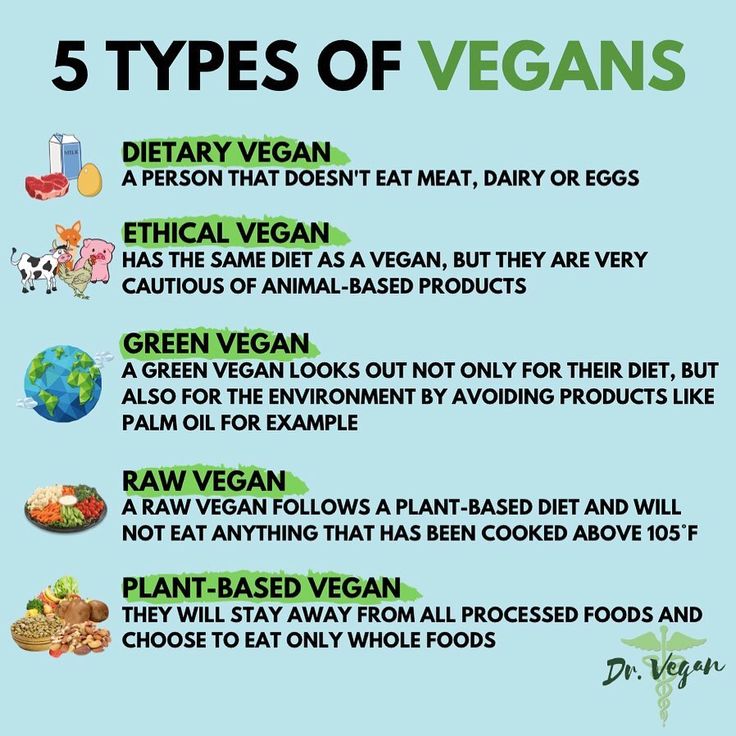 For example, you can start with vegetables like carrots, sweet potatoes, and green beans. nine0003
For example, you can start with vegetables like carrots, sweet potatoes, and green beans. nine0003
Fruit is usually given after the child has tasted the vegetables. This is done so that the child gets used to the taste of vegetables before he experiences the sweeter taste of fruit. You can start with mashed bananas, pears or peaches.
Protein foods are usually given to children between the ages of seven and ten months. Good sources of protein are mashed boiled beans, mashed tofu, and soy yogurt. Nut and seed-based spreads spread on bread or crackers can be given after the child is one year old. nine0003
Some parents rely primarily on store-bought baby food. Today, there are different types of food suitable for vegetarian children. However, it is important to read the ingredients to make sure the food is vegetarian. Many parents would like to cook their own baby food. In this case, it must be taken into account that you need to cook without adding sugar, salt or spices.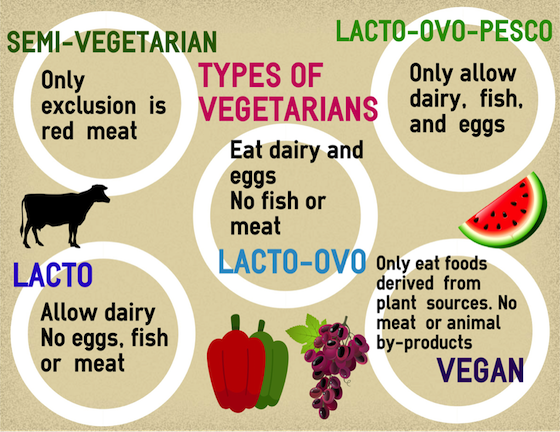 You should also remember about the observance of sanitary standards in the kitchen. Food must be brought to full readiness, then pureed or rubbed through a strainer. nine0003
You should also remember about the observance of sanitary standards in the kitchen. Food must be brought to full readiness, then pureed or rubbed through a strainer. nine0003
Compared to other periods of their lives, children under two years of age need more calories and fat. Fats play a particularly important role in brain development. Mashed avocados, vegetable oil, nut butters, and seed-based butters spread on crackers (for children over one year old) can be added to the baby's diet to increase the fat intake in a child's diet.
If a nursing mother does not have a reliable source of vitamin B12 in her diet, then this vitamin must be given directly to the baby. nine0003
Vegan food for toddlers and preschoolers
Children, especially toddlers and preschoolers, usually eat less than their parents would like. This comes from the fact that the child develops a sense of independence and from the fact that growth slows down. All parents should take their child to the pediatrician for regular checkups to monitor growth, development and health changes.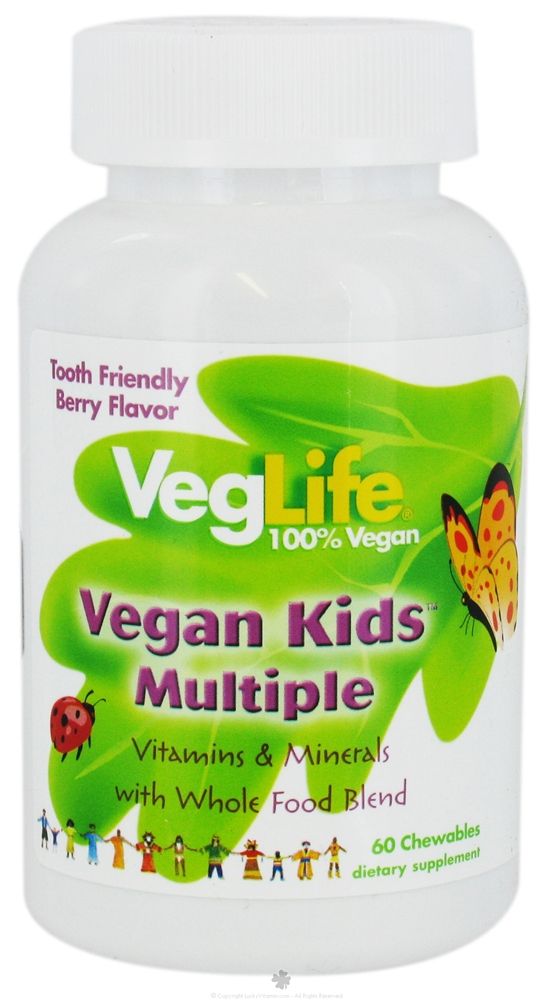 Parents also need to make sure that the food their child consumes provides him with all the necessary nutrients. The preschool years are a time when a child can develop healthy eating habits, which in turn can help them stick to a healthy diet as an adult. nine0003
Parents also need to make sure that the food their child consumes provides him with all the necessary nutrients. The preschool years are a time when a child can develop healthy eating habits, which in turn can help them stick to a healthy diet as an adult. nine0003
Calories and fats
Young children have small stomachs, so eating high-fiber foods can interfere with your child's energy needs. Diets rich in fresh vegetables, fruits, and whole grains are usually also high in fiber. The amount of fiber a child consumes can be reduced by adding processed cereals, fruit juices, and peeled fruits and vegetables to the diet. Since a small amount of foods such as avocados, nut butters, dried fruits and soy products contain a lot of calories, they are ideal for a growing body. In order to promote the synthesis of DHA, an important type of fat, sources of alpha-linolenic acid, such as rapeseed oil, linseed oil, and soy products, should be included in the child's diet. nine0003
Proteins
The child will be able to meet his need for proteins by eating a variety of foods and a sufficient number of calories.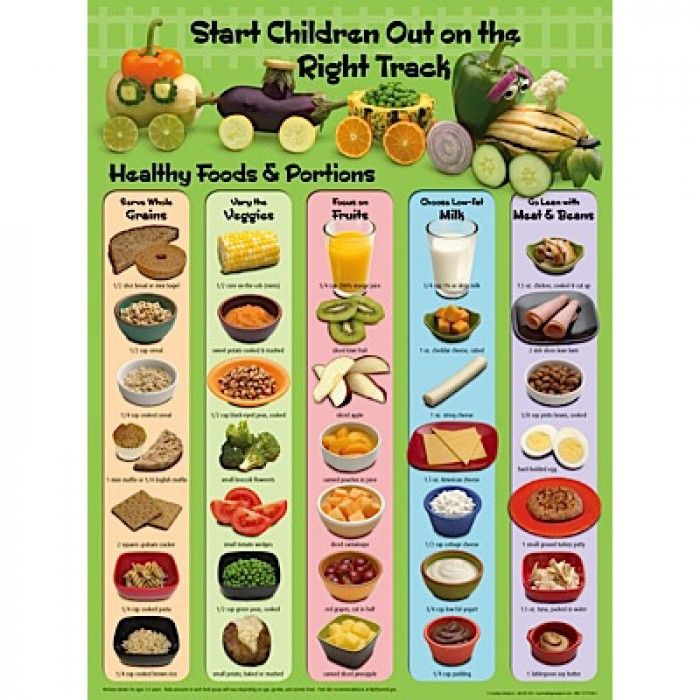 There is no need, as previously thought, to precisely plan and match amino acids with each meal. Enough to give the child a few main meals and snacks throughout the day. Variety is key to building a healthy diet. Protein is found in legumes, grains, vegetarian meat substitutes, nut butters, and soy products. nine0003
There is no need, as previously thought, to precisely plan and match amino acids with each meal. Enough to give the child a few main meals and snacks throughout the day. Variety is key to building a healthy diet. Protein is found in legumes, grains, vegetarian meat substitutes, nut butters, and soy products. nine0003
Calcium
Calcium plays an important role in building bones and teeth. Good sources of this mineral include calcium-fortified soy milk, rice milk, orange juice, tofu, as well as molasses, beans, and textured soy protein. Do not rely on leafy greens as one of the main sources of calcium - the child's stomach will not contain the amount of leafy greens that is needed to obtain a daily allowance. However, older children can eat enough brauncol, collard greens, turnip greens, mustard greens, and other calcium-rich foods to meet their calcium needs. nine0003
Zinc
At the moment, there is no data on the content of zinc in the diet of vegan children. Good sources of zinc include legumes, whole grain flour products, wheat germ, fortified breakfast cereals, tofu, nut butters, and miso.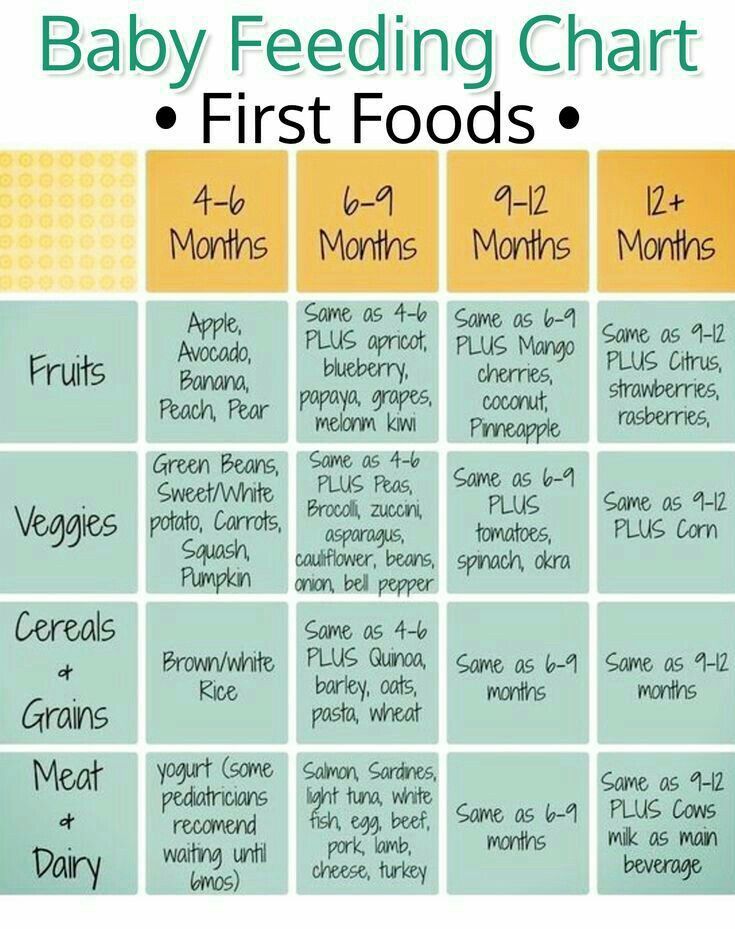
Vitamin D
Dietary sources of vitamin D include fortified soy and rice milks and some types of breakfast cereals. Children who do not eat foods fortified with vitamin D need to take vitamin supplements. Previously, people were advised to spend more time in the sun in order to meet their need for vitamin D. Current recommendations call for the use of sunscreen to protect the skin from the negative effects of sun exposure. Since sunscreen interferes with the production of vitamin D, you should not rely solely on the sun's rays to provide your body with the necessary amount of this vitamin. nine0003
Vitamin B12
Vegan children need to consume either foods fortified with vitamin B12 or vitamin supplements containing B12. There are a variety of foods fortified with vitamin B12, such as certain types of soy milk, vegetarian meat substitutes, nutritional yeast, and breakfast cereals.
Iron
Iron deficiency anemia is common in children regardless of their type of diet.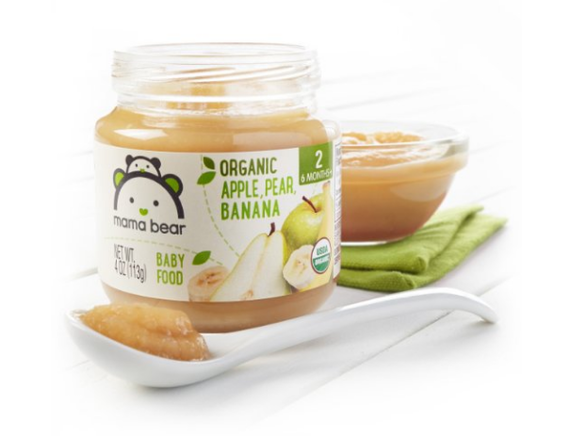 Good sources of iron include legumes, leafy greens, dried fruits, iron-fortified breakfast cereals, and foods made with whole grain or fortified white flour. Vitamin C promotes the absorption of iron, so it is recommended to give citrus fruits to the child along with iron-containing foods. nine0003
Good sources of iron include legumes, leafy greens, dried fruits, iron-fortified breakfast cereals, and foods made with whole grain or fortified white flour. Vitamin C promotes the absorption of iron, so it is recommended to give citrus fruits to the child along with iron-containing foods. nine0003
Food that a child might choke on
At toddler age, children actively learn to chew and swallow. They do not yet have a full set of teeth, and they do not have time to chew food properly, because they are in a hurry to swallow it. Therefore, they can choke on food quite easily. To minimize the likelihood of such a situation, pay attention to the list of products below. They are best avoided or only given to a child under close supervision:
- Nuts. Nuts can only be served in crushed form.
- Nut pastes and hummus (with spoons, without anything).
- Nut pastes or hummus spread on bread.
- Whole vegetarian sausages. They should be cut into pea-sized pieces.
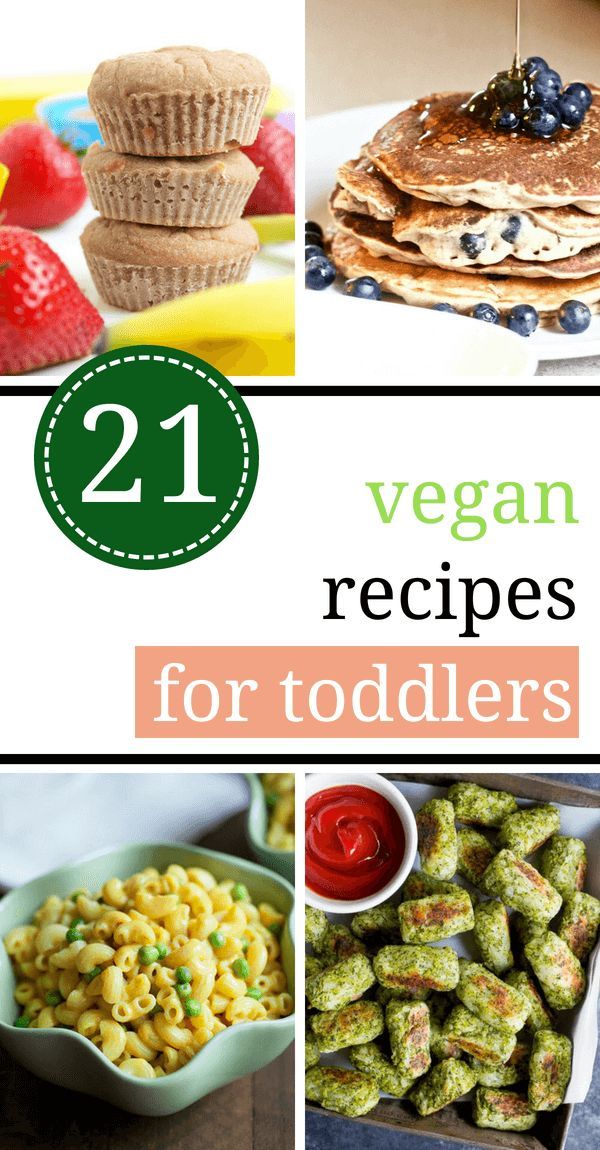
- Cherry tomatoes. They should be cut in half or quarters.
- Grape. Each berry must be cut in half. For young children, the grapes may need to be skinned. nine0013
- Cherries and cherries. Before serving, they must be cleaned of stones and cut into pieces.
- Raw celery and whole carrots
- Popcorn
Cooking tips for children
Especially popular among vegan children:
- Pizza without cheese and with vegetables, tofu or vegetarian meat substitutes
- Pasta with tomato sauce
- Baked potatoes
- Soy yogurt
- Milkshakes made with calcium fortified soy milk with fruit
- Bread spread with peanut butter and jam
- Fresh or dried fruit
- Fritters, pancakes and waffles
- Raw vegetables with dipping sauce
- Buns (muffins) nine0012 Mashed potatoes
- Hamburgers with vegan cutlets
General tips
- Use a cast iron skillet to cook acidic foods like tomato sauce.
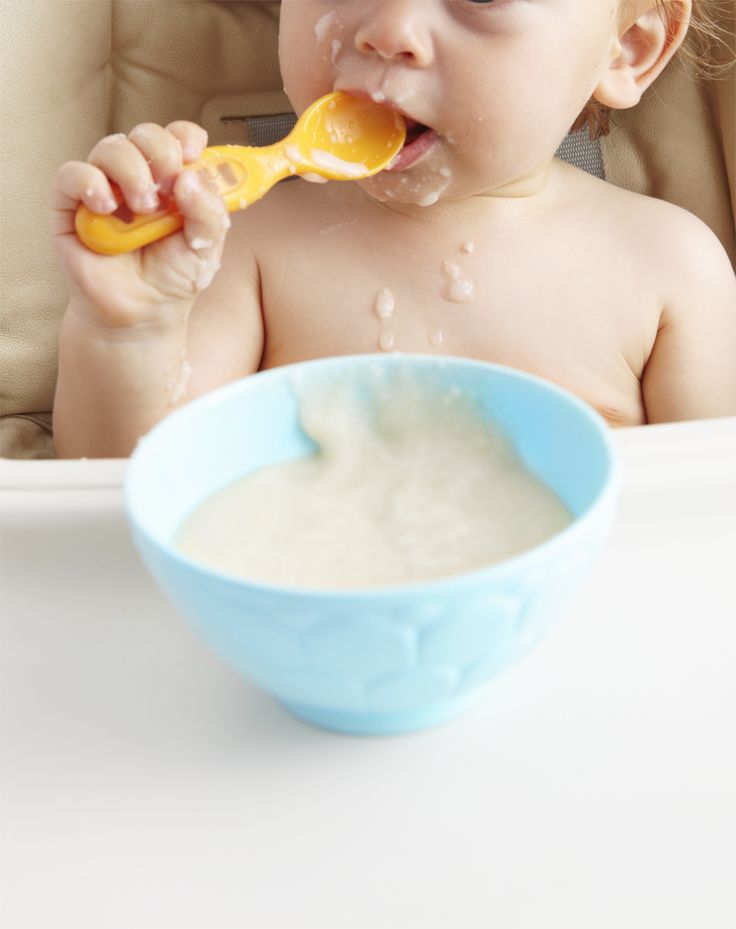 This helps to increase the iron content of the cooked dish.
This helps to increase the iron content of the cooked dish. - Use plant-based milk fortified with vitamin D, B12 and calcium
- Include foods rich in zinc in your child's diet. These include peas, beans, brown rice, nuts, spinach, tofu, wheat germ, fortified breakfast cereals, and tempeh. nine0013
- Let your child try one food at a time so that an allergy to one or another of these products can be easily identified
- Do not limit your child's fat intake until he is two years old. Fat is essential for brain development. Good vegetable sources of fats include avocados, olive oil, and nut butters.
- Most meals such as pancakes and buns can be made vegan
Nutrition chart for vegan infants (4 to 12 months)
| Chart 1. Nutrition for vegan infants (4 to 12 months) | ||||
| Breast milk | Breast milk or soy infant formula. | Breast milk or soy infant formula. | Breast milk or soy infant formula.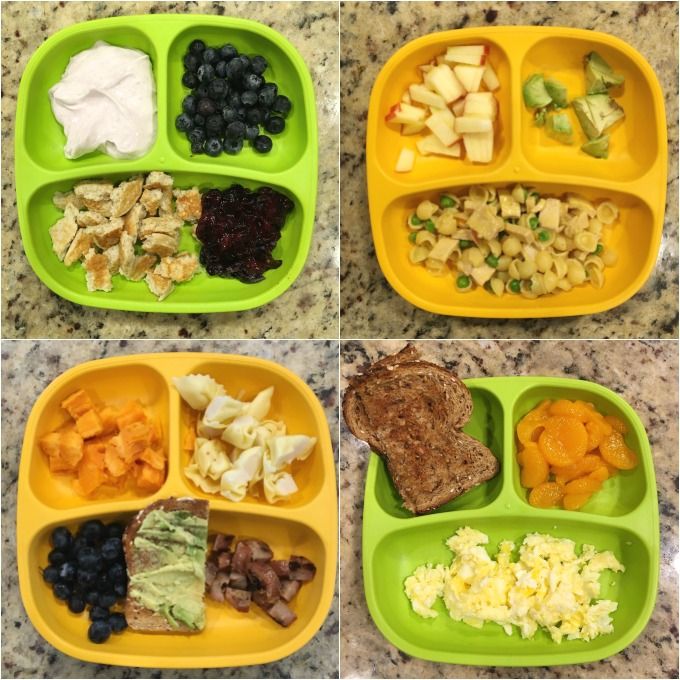 | Breast milk or soy infant formula (700-900 ml). |
| Cereals and bread | Start giving iron-fortified baby porridge with milk. | Baby porridge. Start giving other types of porridge and bread. | Children's porridge and other types of porridge and bread. | Give a total of 4 servings of cereals and bread throughout the day (1 serving = 1/4 slice of bread or 2-4 tablespoons of cereal). |
| Fruits and vegetables | - | Introduce fruit juices (50-120 ml) for vitamin C into the diet and begin to give fruits and vegetables mashed through a strainer. nine0394 | 120 ml juice. Pieces of soft fruits and vegetables. | Let's have regular food. 4 servings a day (1 serving = 2-4 tbsp fruits and vegetables or 120 ml juice) |
| Bean and nut butters | - | - | Slowly introduce tofu, baked goods, bean puree and soy yogurt. | Two servings of 15 g each day. Nut butters should not be given until the child is one year old. Nut butters should not be given until the child is one year old. |
| *Partial coincidence of ages takes into account the different speed of development of children | ||||
Vegan Toddler Nutrition Chart (1 to 3 years)
| Vegan Toddler Nutrition Chart (1 to 3 years) | |
| Cereal | 6 servings or more. One serving is 1/2 - 1 slice of bread; 1/4 - 1/2 cup boiled porridge, cereal or pasta; 1/2 - 3/4 cup corn flakes or other type of breakfast cereal. |
| Legumes, nuts, seeds | 2 or more servings. One serving is 1/4 to 1/2 cup boiled beans, tofu, tempeh, or textured soy protein; 40 - 85 g of vegetarian meat substitutes; 1 - 2 tbsp. nuts, seeds or nut pastes or seed-based pastes. |
| Fortified soy milk, etc. | 3 servings. One serving is 1 cup of fortified soy milk, soy infant formula or breast milk.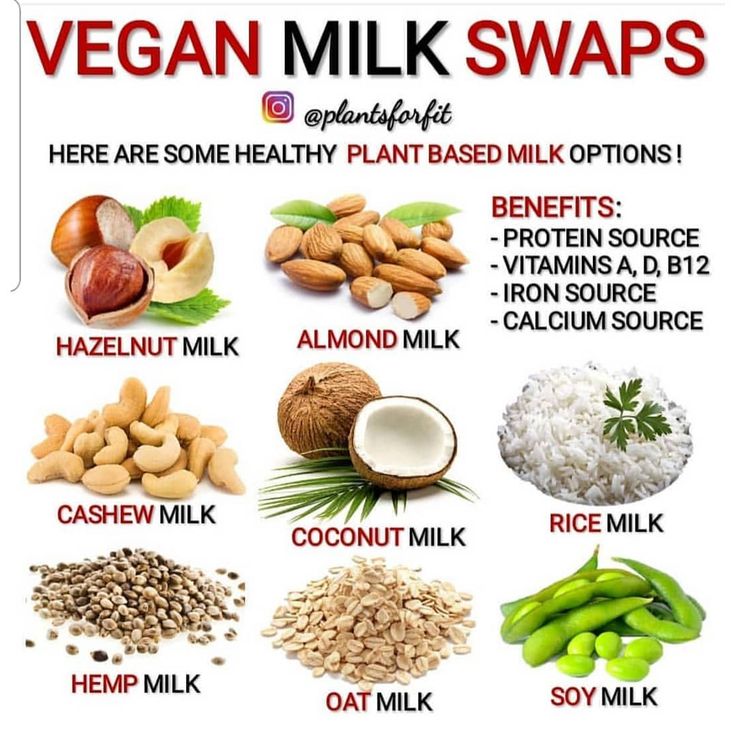 | nine0395
| Vegetables | 2 or more servings. One serving is 1/4 - 1/2 cup cooked or 1/2 - 1 cup raw vegetables. |
| Fruit | 3 or more servings. One serving is 1/4 - 1/2 cup canned fruit, 1/2 cup juice, or 1 medium sized fruit. |
| Fats | 3 servings. One serving is 1 tsp. vegetable oil. (Use 1/2 teaspoon flaxseed oil or 2 teaspoons canola oil to ensure your intake of omega-3 fatty acids.) |
Nutrition Chart for Vegan Children (4-13 years old)
| Chart 3. Nutrition for Vegan Children (4-13 years old) | |
| Cereals | 8 or more for children 4-8; 10 or more for children aged 9 to 13. One serving is 1 slice of bread; 1/2 cup boiled porridge, cereal or pasta; 3/4 cup corn flakes or other type of breakfast cereal. |
| Protein products | 5 or more for children 4-8; 6 or more for children aged 9 to 13.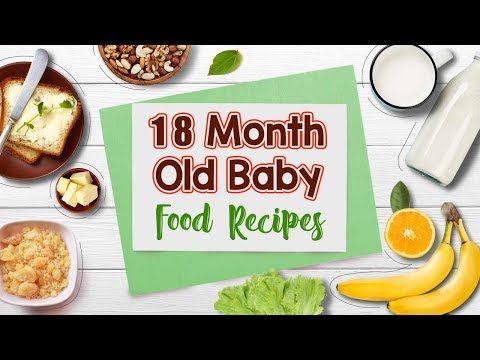 One serving is 1/2 cup boiled beans, tofu*, tempeh, or textured soy protein; 1 cup fortified soy milk*; 30 g of vegetarian meat substitutes; 1/4 cup nuts or seeds*; 2 tbsp nut butter or seed-based butter*. One serving is 1/2 cup boiled beans, tofu*, tempeh, or textured soy protein; 1 cup fortified soy milk*; 30 g of vegetarian meat substitutes; 1/4 cup nuts or seeds*; 2 tbsp nut butter or seed-based butter*. |
| Vegetables | 4 or more servings. One serving is 1/2 cup cooked or 1/2 cup raw vegetables*. 9039four |
| Fruit | 2 or more servings. One serving is 1/2 cup canned fruit, ? glass of juice* or one medium-sized fruit. |
| Fats | 2 or more for children 4-8 years; 3 or more for children aged 9 to 13. One serving is 1 tsp. vegetable oil. |
| Omega-3 fatty acids | 1 serving per day. One serving is 1 tsp. linseed oil, 1 tbsp. rapeseed or soybean oil, 1 tbsp. ground flax seeds or 1/4 cup walnuts nine0394 |
| Starred (sources of calcium) | 6 or more for children 4-8 years; 10 or more for children aged 9 to 13. One serving is 1/2 cup tofu cooked with calcium; 1 cup fortified soy milk, orange juice, or soy yogurt 1/4 cup almonds; 2 tbsp sesame paste (tahini) or almond paste; 1 st.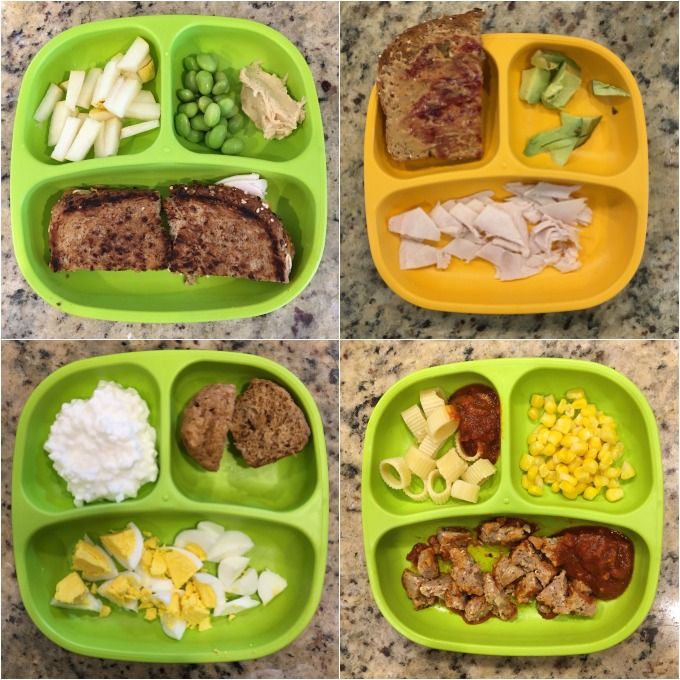 cooked or 1 cup raw broccoli, bok choy, collard, browncol, or mustard greens. cooked or 1 cup raw broccoli, bok choy, collard, browncol, or mustard greens. | nine0395
Notes:
Products that are marked with an asterisk also count in the groups listed above in the table. They do not need to be used additionally. However, it is important to make sure your child is eating enough servings of these foods to meet their calcium needs. The size of one serving may vary depending on the age of the child.
You can increase your calorie intake by adding more nut butters, dried fruits, soy products, and other high-calorie foods to your diet. nine0003
Regular vitamin B12 intake should be taken in the form of vitamin supplements or fortified foods such as Red Star Vegetarian Support Formula nutritional yeast, soy milk, breakfast cereals, and vegetarian meat substitutes.
To meet the need for vitamin D, you need to spend 2-3 times a week in the sun for 20 to 30 minutes with an open face and hands. If this is not possible, it is necessary to drink vitamin D in the form of vitamin supplements.